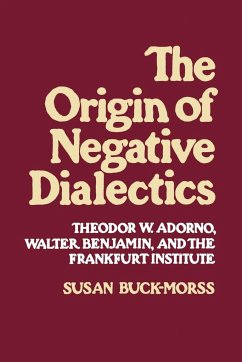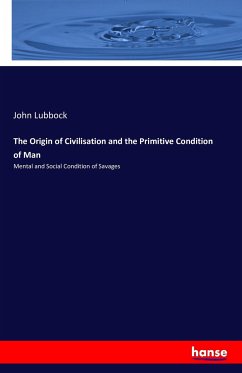Susan Buck-Morss examines and stresses the significance of Critical Theory for young West Germ intellectuals after World War II. Looking at the differences between German and American situations during this time period, Origin of Negative Dialectics convincingly sketches the learning process that ended in antagonism. “[The Origin of Negative Dialectics] is by far the best introduction for the American reader to the complex, esoteric, and illusive structure of thought of one of the most seminal Marxian thinkers of the twentieth century. It belongs on the same shelf as Martin Jay’s history of the Frankfurt School, The Dialectical Imagination.” – Lewis A. Coser, State University of New York, Stony Brook
Hinweis: Dieser Artikel kann nur an eine deutsche Lieferadresse ausgeliefert werden.
Hinweis: Dieser Artikel kann nur an eine deutsche Lieferadresse ausgeliefert werden.








